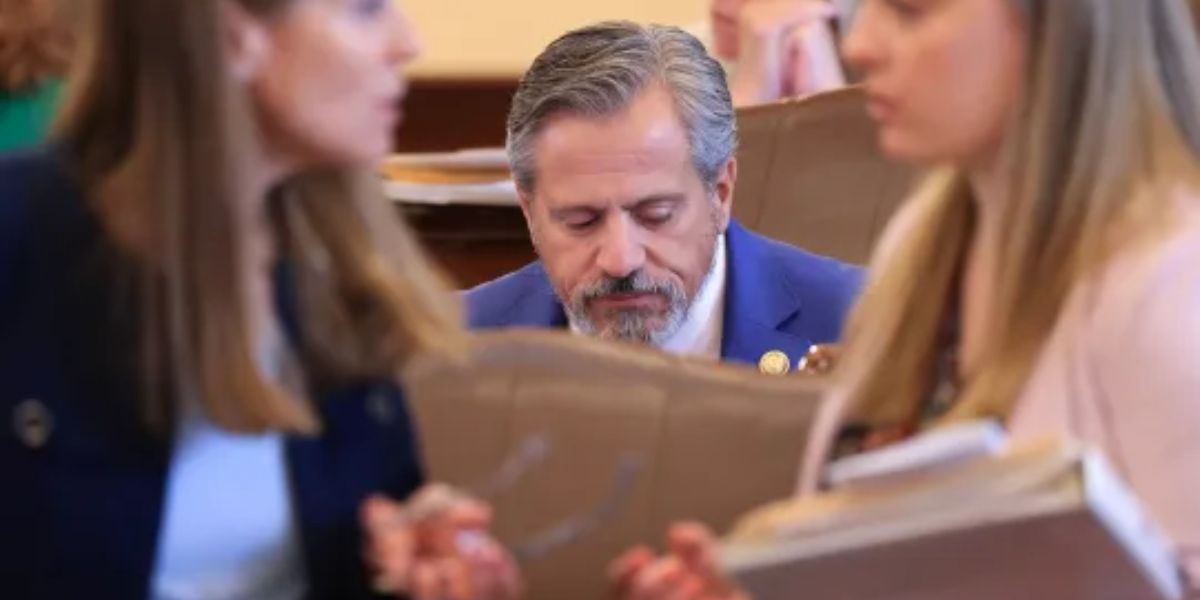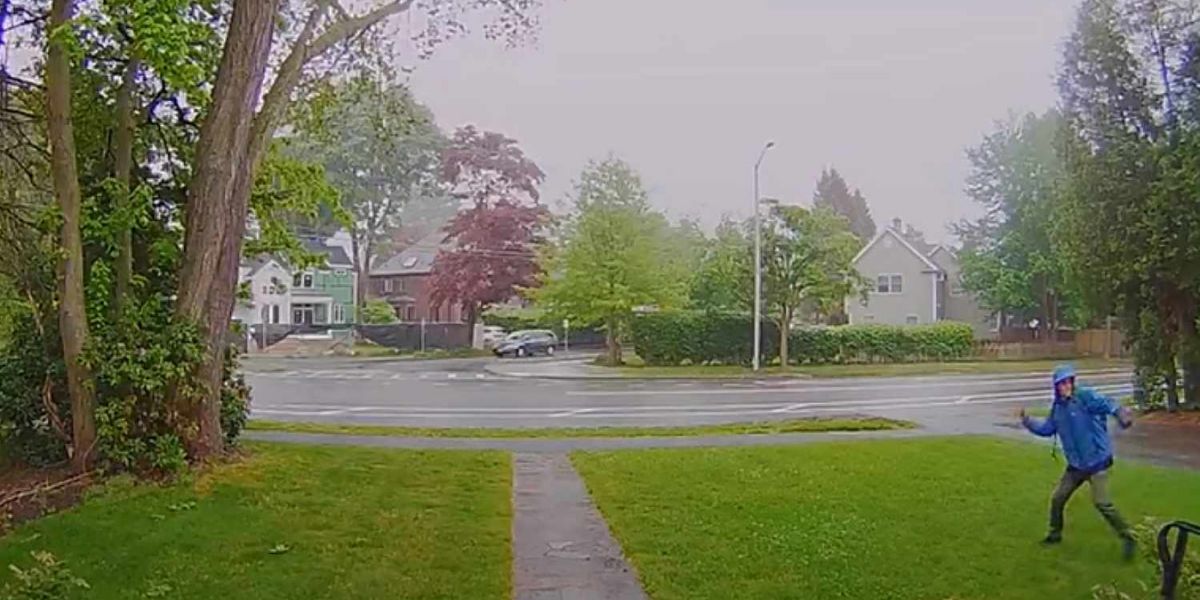In a late-session flurry, Illinois lawmakers passed legislation granting more generous pension benefits to Chicago police officers and firefighters — a move projected to cost $52 million in the first year alone and potentially billions more over time, prompting concerns from fiscal watchdogs and city officials.
🔍 What Changed?
The law, sponsored by Sen. Robert Martwick (D-Chicago) and supported by Mayor Brandon Johnson and Gov. JB Pritzker, includes three key benefit boosts:
- Increased Pension Cap
The cap on final salary used to calculate pensions rises from $127,283 to $141,408. - More Favorable Inflation Adjustment
Pensions will now increase annually at the full rate of inflation (up to 3%), instead of just half. - Generous Salary Averaging Option
Officers may now calculate pensions based on four of their last five years of salary, instead of eight of their last ten — enabling bigger pensions for those receiving large raises near retirement.
Firefighters already had this dual-method option; now police will, too.
💰 How Much Will It Cost?
- Initial estimate from Chicago’s finance office: $52 million starting in 2027
- Civic Federation estimate: Annual costs could climb to $750 million by the 2050s, adding billions in long-term liabilities
- Chicago’s pension shortfall already topped $37 billion at the end of 2023
Chief Financial Officer Jill Jaworski warned the change is an “unfunded mandate”, and her office is still analyzing the full fiscal impact.
⚠️ Concerns Over Timing and Transparency
The amendment was filed in the final week of the spring session using a legislative tactic known as “gut and replace,” leaving little time for analysis or public debate.
“It’s curious and troubling that something of this magnitude was able to fly by without more meaningful discussion,” said Joe Ferguson, president of the Civic Federation.
Despite filing an opposition slip, the city was unable to mount a formal resistance due to the short timeline.
🎯 Why the Changes?
Backers say the legislation fulfills a longstanding promise to bring “Tier 2 parity” between Chicago and downstate first responders, whose benefits were enhanced during a 2019 pension consolidation effort.
“He [Mayor Johnson] continues to show … a willingness to solve the problem,” Martwick said.
The Fraternal Order of Police said Gov. Pritzker had personally committed to achieving parity years ago.
Still, former Mayor Lori Lightfoot opposed similar measures, warning of their cost. In contrast, Johnson supported related bills in 2023, adding an estimated $60 million in short-term pension liabilities for police and $1 billion long-term.
🔄 Tier 2 Reform Still Unresolved
The bill does not address broader concerns around Tier 2 shortfalls, which risk violating federal “safe harbor” laws if public employee benefits fall below Social Security levels. A $75 million state fund was included in this year’s budget to begin addressing Tier 2 disparities for state employees — but Chicago has no equivalent plan.
Despite convening a pension working group two years ago, the city has yet to release its findings.
🎰 Calls for New Revenue
Some lawmakers suggested legalizing video-gaming terminals in Chicago to generate revenue for pensions — a move the city has resisted out of concern for its struggling Bally’s casino, whose profits are already earmarked for police and fire pensions.
“Their lack of movement on providing revenues for pensions … is not compelling enough to disenfranchise the Chicago Police Department,” said Rep. Stephanie Kifowit (D-Oswego), a bill sponsor.
🧮 Final Vote and Reactions
The bill passed unanimously in both chambers — even Republicans, like Sen. Li Arellano Jr., who initially opposed the move in committee, ultimately voted yes, citing deference to Chicago lawmakers.
“If this is what all of the voices representing Chicago want to do, who are we to disagree?” Arellano said.
Still, watchdogs warn that while politically popular, these pension sweeteners come at a dangerous time — as Chicago faces mounting financial pressure, and the city’s ability to cover future liabilities remains deeply uncertain.




